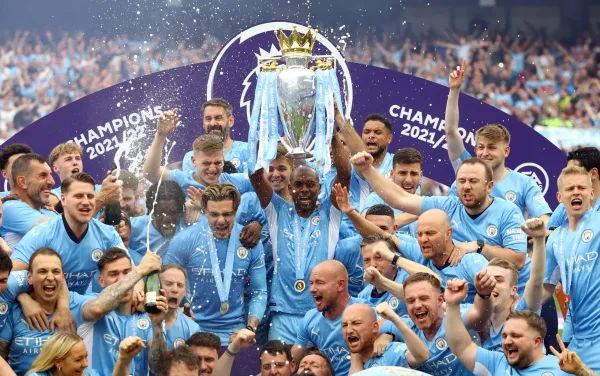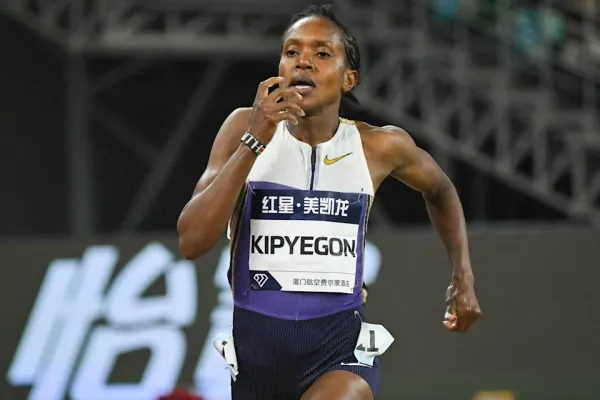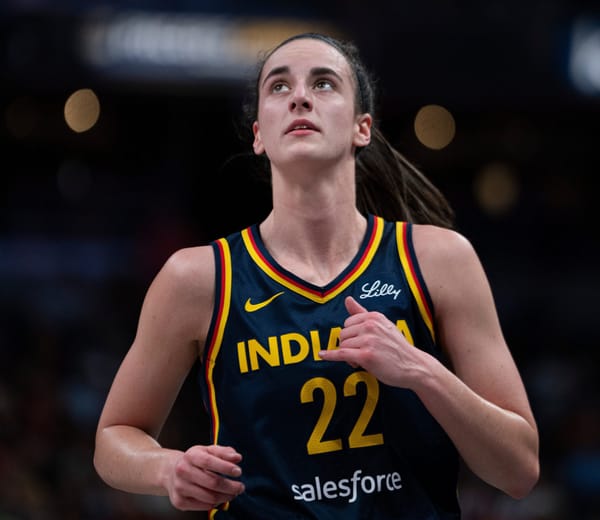The Referee's Whistle: Unraveling Global Football's Deepening Corruption Crisis

The Beautiful Game’s Ugly Truth
Football, the world's most beloved sport, has always walked a tightrope between passion and power. But beneath the roar of the crowd and the shine of silverware lies a growing stench of corruption. In recent months, a spate of investigations — from Spain to South America — has exposed a troubling reality: the systems designed to ensure fairness on the pitch are being manipulated behind closed doors.
Two scandals, in particular, have set global football ablaze. In Spain, the Negreira case has implicated FC Barcelona in years of clandestine payments to a former top referee official. Meanwhile, Operation Brody — a far-reaching investigation into the Spanish Football Federation (RFEF) — is peeling back layers of alleged bribery and influence-peddling tied to global tournaments.
This is not just a Spanish problem. It reflects a global crisis in the governance of football, where accountability is paper-thin, and financial incentives all too often outweigh ethics.
The Negreira Files – Barcelona’s Shadow Payments
The Negreira scandal centers around over €8.4 million paid by FC Barcelona to companies owned by Jose Maria Enriquez Negreira, the former vice president of Spain’s refereeing committee, between 2001 and 2018. According to Spanish prosecutors, these payments were not for traditional consulting — but for "ensuring favorable treatment" (El País, 2024).
While Barcelona maintains the payments were for "technical reports on referees," leaked documents suggest a more sinister motive: shaping refereeing behavior to the club’s advantage. Internal memos referenced specific referees and game outcomes, raising the specter of match influence, if not outright manipulation.
A 2023 UEFA-commissioned audit found that 68% of payments to external referee consultants lacked documented deliverables in Spain between 2010 and 2018 — with the bulk traced back to Barcelona-linked accounts (UEFA Ethics Report, 2023).
Despite the gravity of the allegations, the case has exposed deeper structural vulnerabilities. Negreira held a role with access to referee assignments, and oversight within the Spanish FA appeared minimal. There were no clear conflict-of-interest disclosures, no independent audits, and — until media leaks — no investigations.
Operation Brody – The Federation in Crisis
Parallel to the Negreira case, Operation Brody has plunged the Spanish FA (RFEF) into unprecedented crisis. Launched by anti-corruption prosecutors, it centers on former RFEF president Luis Rubiales and a controversial Supercopa de Espana deal struck with Saudi Arabia in 2019.
Prosecutors allege that Rubiales and associates — including sports marketing firm Kosmos, co-founded by Gerard Pique — engineered personal kickbacks through the €120 million deal. WhatsApp messages between RFEF officials and Kosmos executives allegedly show attempts to pressure rival bidders, obscure profit-sharing arrangements, and manipulate board votes (El Confidencial, 2024).
According to a 2024 Transparency International audit, 47% of Spanish FA sponsorship and rights deals over the past decade had no formal bidding process or lacked published contracts.
This investigation also examines how other lucrative fixtures, and international friendlies may have been used to funnel money through shell entities. The broader concern? That the RFEF, a powerful institution that governs football from grassroots to La Liga, may have been compromised at the highest levels.
Follow the Whistle – Global Parallels and Patterns
Spain’s dual scandals are not isolated. In South America, Brazil and Argentina have faced their own refereeing controversies. In 2022, an Argentine referee was suspended for accepting untraceable consultancy fees from club executives (La Nacion, 2022). Meanwhile, the Brazilian Football Confederation (CBF) has come under fire for its opaque referee promotion system — where selection often appears to favor clubs with deep political ties.
A 2021 CONMEBOL integrity report showed that 41% of surveyed referees across South America reported “external pressure” in the assignment or evaluation of match officials.
In Africa, several Confederation of African Football (CAF) referees were banned after a BBC sting exposed bribe-taking ahead of key continental fixtures. Even UEFA has faced quiet turmoil, with accusations in Eastern Europe of referees being "assigned" to produce specific outcomes in lower-tier matches that influence betting markets (BBC Africa Eye, 2018).
The common thread: refereeing bodies are often governed by underfunded, poorly overseen committees — with few checks and many personal relationships. Most lack independent governance, public transparency, or meaningful whistleblower protection.
Who Watches the Watchmen?
Investigative bodies like FIFA’s Ethics Committee or UEFA’s Integrity Unit have had mixed results. While FIFA has banned several officials over the years, critics argue that enforcement is reactive, not preventive. Cases often erupt due to leaks or journalistic digging, not internal audits or whistleblowing.
One former UEFA compliance officer, speaking anonymously, said: “The people charged with integrity often have no forensic training. They’re lawyers or administrators — not investigators. And they know where their bread is buttered.”
According to a 2023 Sports Governance Review by Play the Game, only 6 of the top 20 footballing nations maintain an independent integrity department with budgetary separation from their federation.
Calls for reform are growing. Proposals include:
- Independent referee assignment panels with published metrics.
- Annual financial disclosures for all refereeing officials.
- Whistleblower protections modeled on international anti-corruption frameworks.
- Open-access reports on match officiating decisions and trends.
Until such systems are in place, many fear the game's integrity remains dangerously vulnerable.
Integrity on the Line
As Euro 2028 qualifiers heat up and the 2026 World Cup looms, global football finds itself at a crossroads. The Negreira case and Operation Brody are not just legal scandals — they are ethical alarms. For a sport that prides itself on fair play, the reality behind the scenes tells a different story.
The question now is not whether corruption exists in football. It is: how deep does it go — and who will have the courage to stop it?
References
- El País. (2024). “Barcelona y los pagos a Negreira.”
- UEFA Ethics Report. (2023).
- El Confidencial. (2024). “Las conversaciones secretas del caso Rubiales.”
- Transparency International España. (2024). “Informe sobre la transparencia de federaciones deportivas.”
- La Nacion. (2022). “Árbitro argentino investigado por pagos irregulares.”
- CONMEBOL Integrity Report. (2021).
- BBC Africa Eye. (2018). “Football’s Dirty Secrets.”
- Play the Game. (2023). “Global Sports Governance Review.”





